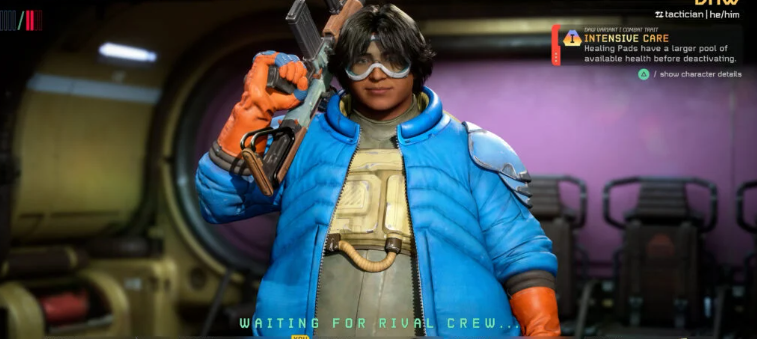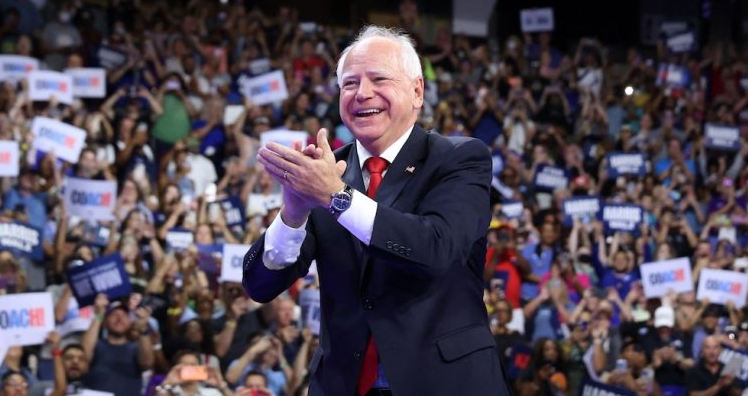In the gaming industry, where every title strives to carve its niche, “Concord,” developed by Firewalk Studios for PlayStation and PC, has sparked discussions not just for its gameplay but for its approach to inclusivity and representation. Released in August 2024, “Concord” entered the arena of hero shooters with a distinct flair, aiming to redefine what diversity looks like in video games. This article explores how “Concord” embodies the “woke” ethos, analyzing its character design, narrative choices, and the community’s reaction.
Character Representation
“Concord” introduces players to a universe where diversity isn’t just an afterthought but a central theme. The game features a roster where traditional hero archetypes are expanded to include a broad spectrum of characters, from various ethnic backgrounds to non-binary identities. This choice was not just about representation but about challenging the norms of what a hero in a video game can look like. Critics and players alike have noted this approach, with some praising the inclusivity while others see it as pandering or unnecessary.
Narrative and Themes
The narrative of “Concord” weaves through themes of identity, belonging, and resistance against oppression, set against a backdrop of interstellar conflict. Each character’s backstory delves into personal struggles that reflect broader societal issues, making “Concord” not just a game but a statement on contemporary culture. The inclusion of weekly cinematic vignettes further fleshes out these themes, aiming to engage players in a story that’s as much about personal growth as it is about action-packed gameplay.
Community Reaction
The reaction to “Concord’s” approach has been polarized. On platforms like X, discussions range from commendation for its progressive stance to criticism for what some perceive as tokenism. Terms like “woke” have been thrown around, often pejoratively, to describe the game’s focus on inclusivity. However, this backlash also highlights a segment of the gaming community’s resistance to change, where traditional expectations of game narratives and character designs are challenged.
Gameplay and Inclusivity
Beyond its narrative, “Concord” integrates inclusivity into its gameplay mechanics. Features like customizable pronouns for characters and a focus on non-violent solutions alongside combat options reflect an attempt to make the game accessible and appealing to a wider audience. This aspect has been both celebrated for broadening the appeal of video games and criticized for potentially diluting the core gaming experience.
Conclusion
“Concord” stands as a testament to PlayStation’s willingness to push boundaries, not just in technology or gameplay but in cultural representation within gaming. While it has garnered a niche following for its progressive stance, the game’s commercial performance and community feedback suggest a complex reception. “Concord” might not have achieved the commercial success hoped for, but it undeniably opens a dialogue on what games can be in terms of storytelling and representation. Whether “Concord” will be remembered as a bold step forward or a misstep in market understanding remains to be seen, but it has undeniably left an imprint on the conversation about diversity in video games.





